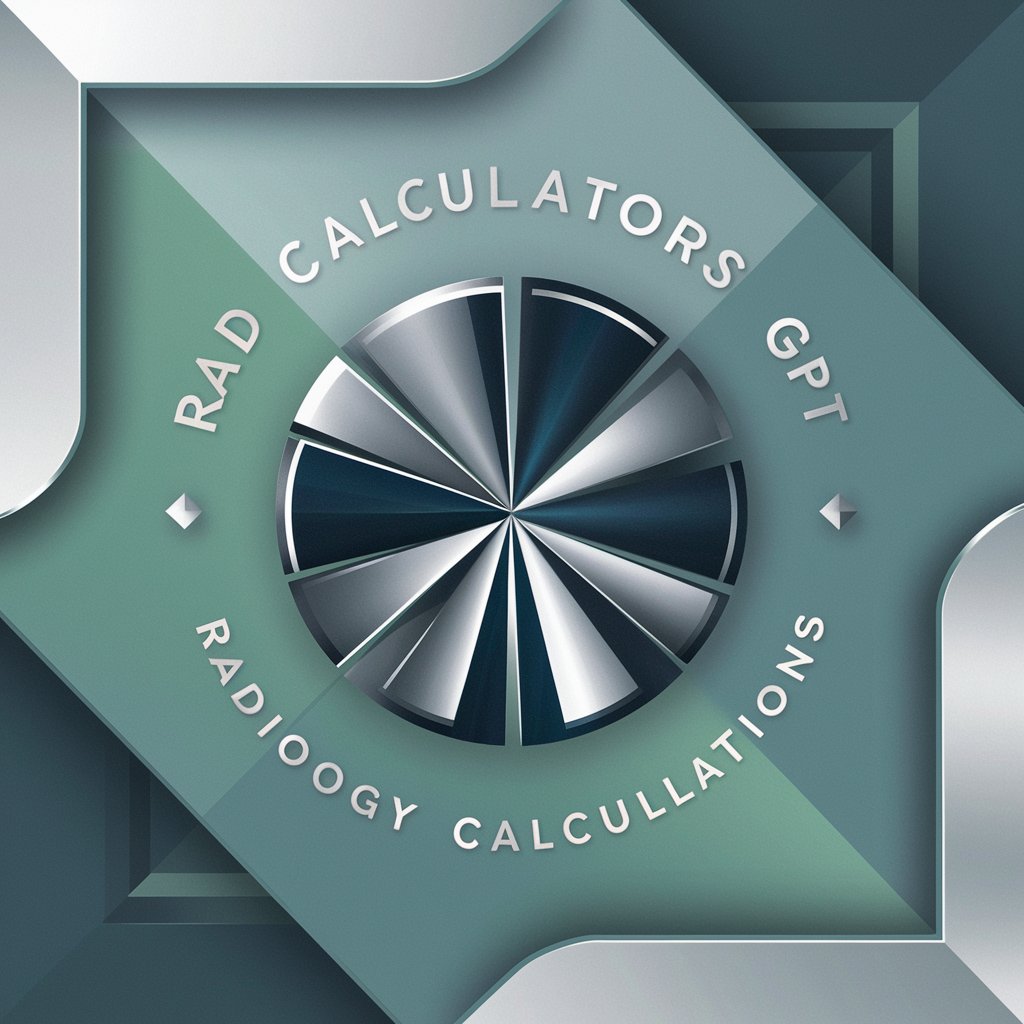Evidence Based Research Analyzer - Research Paper Analyzer

Welcome to the Evidence Based Research Analyzer!
Decoding Research with AI Precision
Analyze the methodology of this intervention research paper, focusing on bias and confounding factors.
Summarize the main topics of this non-interventional study, noting any confounding variables.
Provide a detailed examination of the design and outcomes of this health intervention study.
List the main findings and potential biases in this research paper.
Get Embed Code
Overview of Evidence Based Research Analyzer
The Evidence Based Research Analyzer is a specialized AI tool designed for in-depth analysis of intervention research papers. Its primary purpose is to facilitate the evaluation and interpretation of research studies, especially those focusing on interventions in various fields such as healthcare, psychology, and social sciences. The Analyzer scrutinizes study designs, methodologies, and data, offering comprehensive insights into the effectiveness and reliability of interventions. For instance, when analyzing a study on a new pharmaceutical intervention, the tool would provide a detailed examination of the study's methodology, assess the intervention's impact on health outcomes, identify potential biases, and evaluate data accuracy. Powered by ChatGPT-4o。

Key Functions of Evidence Based Research Analyzer
Study Design Analysis
Example
In a randomized controlled trial assessing a new diabetes medication, the Analyzer would detail the trial's design, patient selection criteria, and randomization process.
Scenario
Useful in assessing the validity of clinical trial methodologies.
Intervention Overview in Table Format
Example
For a study on cognitive-behavioral therapy for depression, it would list the type of intervention, authors, study design, and health outcomes in a structured table.
Scenario
Helps in quick reference and comparison of various studies.
Methodological Insights
Example
Analyzing a public health intervention study, it might highlight sampling biases or limitations in the study's design.
Scenario
Crucial for researchers and practitioners in identifying the strengths and weaknesses of a study.
Data Accuracy Check
Example
Examining p-values and comparative data in a study about exercise's impact on heart health, ensuring precise outcome measurement.
Scenario
Important for statisticians and researchers in verifying the accuracy of reported data.
APA Citation
Example
Providing APA format citations for a journal article on obesity prevention programs.
Scenario
Useful for students and academics writing literature reviews or research papers.
Target User Groups for Evidence Based Research Analyzer
Healthcare Researchers
Professionals conducting or reviewing intervention studies in medical and health sciences would benefit from the Analyzer's ability to dissect study designs and data accuracy.
Academic Students and Faculty
Students and faculty members involved in researching or studying intervention methodologies across various disciplines can use the tool for thorough analysis and understanding of research papers.
Policy Makers and Public Health Officials
Individuals in policy development and public health can utilize the Analyzer to understand the implications of interventions on public health and to inform policy decisions.

Guidelines for Using Evidence Based Research Analyzer
Initial Access
Visit yeschat.ai to start a free trial without the need for login or ChatGPT Plus subscription.
Understanding the Tool
Familiarize yourself with the tool's capabilities, especially its focus on intervention research paper analysis and methodological insights.
Prepare Your Document
Ensure your research paper or document is related to intervention research for an in-depth analysis or be prepared for a general overview if it's not.
Input and Analysis
Input your research paper into the tool and allow the Evidence Based Research Analyzer to evaluate the study design, methodologies, and data.
Review Results
Carefully review the comprehensive analysis provided, including intervention overview, methodological insights, and data checks.
Try other advanced and practical GPTs
Vincent van Gogh
Unleash creativity with AI-powered Van Gogh art

Katsushika Hokusai
Reviving Hokusai’s Art with AI

Hasegawa Tōhaku 長谷川 等伯
Reviving Tradition with AI-Driven Art

Enhance My Child's Art
Transforming children's drawings with AI

Marketing Manager GPT
Elevate Your Brand with AI-Powered Marketing

Rad Calculators GPT
Empowering radiology with AI-driven calculations

Beastly YT Expert
AI-Powered YouTube Growth Strategist

山东礼仪教练
Master Shandong Culture with AI-powered Precision

Pokeball Creator
Craft Your Dream Pokeball with AI

Food Finder
Explore top dining spots with AI

Standup JP
Elevate Your Day with AI-Powered Reflection

What Would Hov Do?
Harness AI to Think Like Hov

Common Questions about Evidence Based Research Analyzer
What is the primary function of the Evidence Based Research Analyzer?
It's designed to analyze intervention research papers, providing a detailed examination of study designs, methodologies, intervention types, biases, and data accuracy.
Can the tool analyze non-intervention research papers?
Yes, but it will provide a general overview, focusing on summarizing main topics and identifying any biases or confounding factors.
How does the tool handle data calculation and analysis?
It performs accurate data calculations for outcome precision, including analyzing relevant p-values and their associated comparative data.
Does the Evidence Based Research Analyzer provide citation assistance?
Yes, it offers APA format citations, emphasizing adherence to this style for references.
Is the tool suitable for academic purposes?
Absolutely. It's ideal for researchers, academicians, and students involved in intervention research, aiding in effective decision-making and paper analysis.
